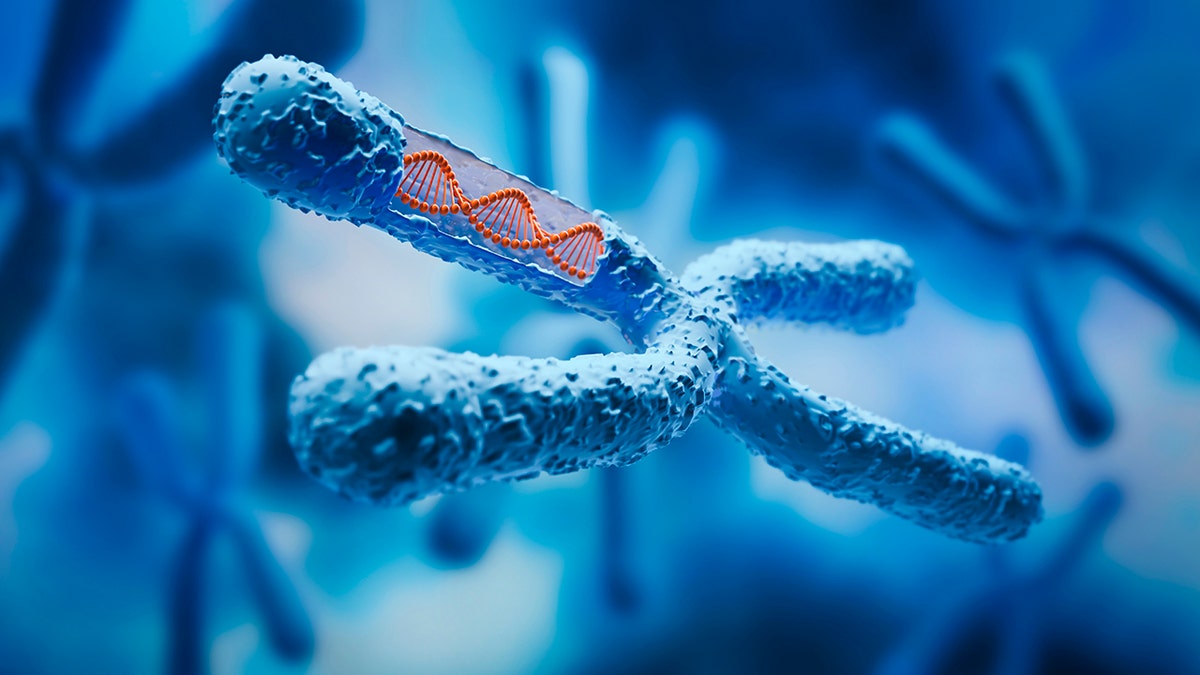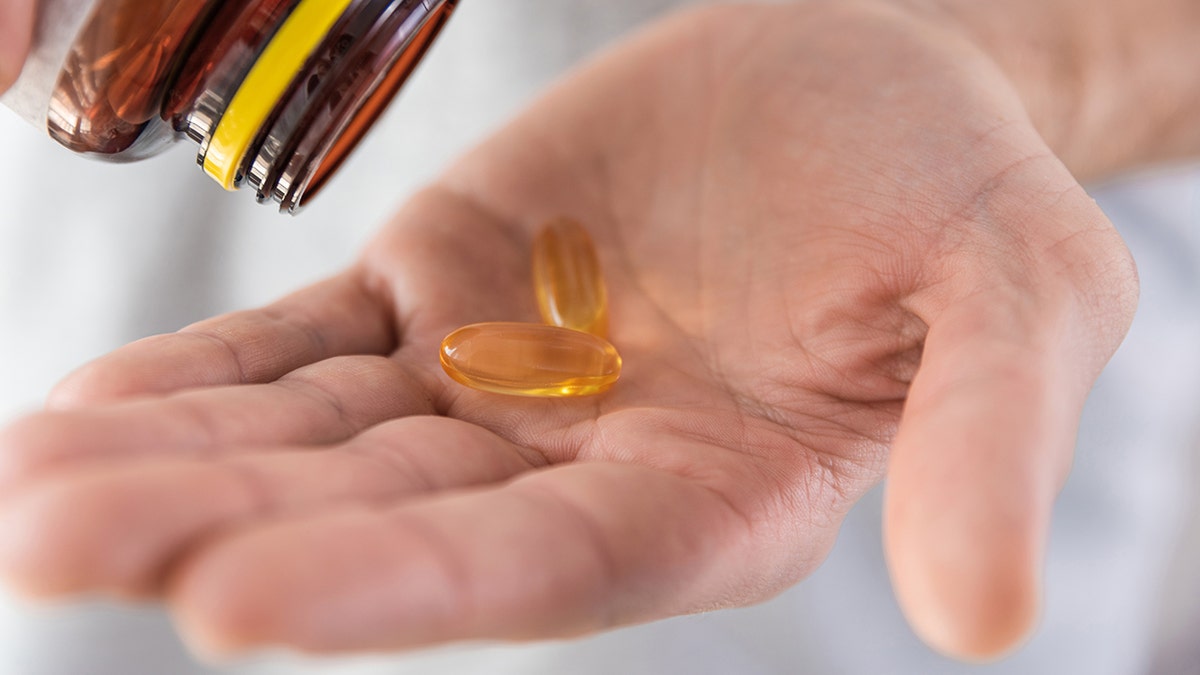
Vitamin D might be doing more than just supporting bone health — it could also help the body age slower, according to a new study led by researchers at Mass General Brigham (MGB) and the Medical College of Georgia.
The study, published this month in The American Journal of Clinical Nutrition, reveals that taking vitamin D supplements may protect against biological aging by slowing the shortening of telomeres, the tiny caps on DNA that naturally erode as people grow older.
Conducted as part of a nationwide four-year trial, the study tracked over 1,000 U.S. adults (men over 50 and women over 55) and found that daily vitamin D3 could reduce biological wear and tear, equivalent to nearly three years of aging, according to a press release from MGB.
COLORECTAL CANCER RISK REDUCED BY THIS COMMON VITAMIN, STUDY SUGGESTS
Participants were randomly assigned to take either a placebo or a daily dose of vitamin D3 (2,000 IU) and omega-3 fatty acids (1 gram).
Telomere length in white blood cells was measured at the start of the study, at the two-year mark and after four years.

Daily vitamin D3 could reduce biological wear and tear, equivalent to nearly three years of aging, the study found. (iStock)
Compared to the placebo group, those taking vitamin D3 had significantly less telomere shortening, the researchers found.
In contrast, omega-3 supplements “had no significant effect on telomere length throughout follow-up,” the team reported.
AGING MAY SPEED UP IN AREAS WITH EXTREME HEAT, RESEARCH SUGGESTS
This was the first large-scale, long-term randomized trial to show that vitamin D supplements protect telomeres, according to co-author JoAnn Manson, M.D., the Michael and Lee Bell Professor of Women’s Health at Harvard Medical School.
“This is of particular interest because VITAL (the trial) has also shown benefits of vitamin D in reducing inflammation and lowering risks of selected chronic diseases of aging, such as advanced cancer and autoimmune disease,” Manson said in the release.

Telomeres are made of repeating sequences of DNA that act like protective tips at the ends of chromosomes, similar to the plastic ends of shoelaces, according to the researchers. (iStock)
Telomeres act like protective tips at the ends of chromosomes, similar to the plastic ends of shoelaces, according to the researchers. They “prevent chromosome ends from degrading or fusing with other chromosomes.”
CLICK HERE TO GET THE FOX NEWS APP
Over time, these DNA caps shorten, which is a natural part of aging and is linked to a higher risk of age-related diseases.
Because of this, scientists view telomere length as a marker of “biological age,” which may better reflect a person’s health status than their actual age in years.

Participants of the study were randomly assigned to take either a placebo or a daily dose of vitamin D3 and omega-3 fatty acids. (iStock)
Why it matters
Earlier phases of the trial showed that vitamin D supplementation could reduce inflammation and lower the risk of certain chronic age-related conditions, such as advanced cancers and autoimmune diseases, Manson noted.
CLICK HERE TO SIGN UP FOR OUR HEALTH NEWSLETTER
While the new telomere findings don’t prove that vitamin D slows aging across the board, researchers say it points to a potentially powerful way to protect the body at the cellular level.

The study concluded that vitamin D helps preserve telomeres, which are “linked to the development of certain diseases” when they shorten with age. (iStock)
“Our findings suggest that targeted vitamin D supplementation may be a promising strategy to counter the biological aging process, although further research is warranted,” said first author Dr. Haidong Zhu, a molecular geneticist at the Medical College of Georgia, in the release.
Previous research suggested vitamin D could reduce inflammation and lower the risk of some age-related diseases.
The research team emphasized that more work is needed to determine how vitamin D impacts aging in different populations and whether these effects endure over longer timeframes.
For more Health articles, visit www.foxnews.com/health
Before starting a new supplement regimen, experts recommend consulting with a healthcare provider to discuss proper dosage and potential risks.
 Latest Breaking News Online News Portal
Latest Breaking News Online News Portal






